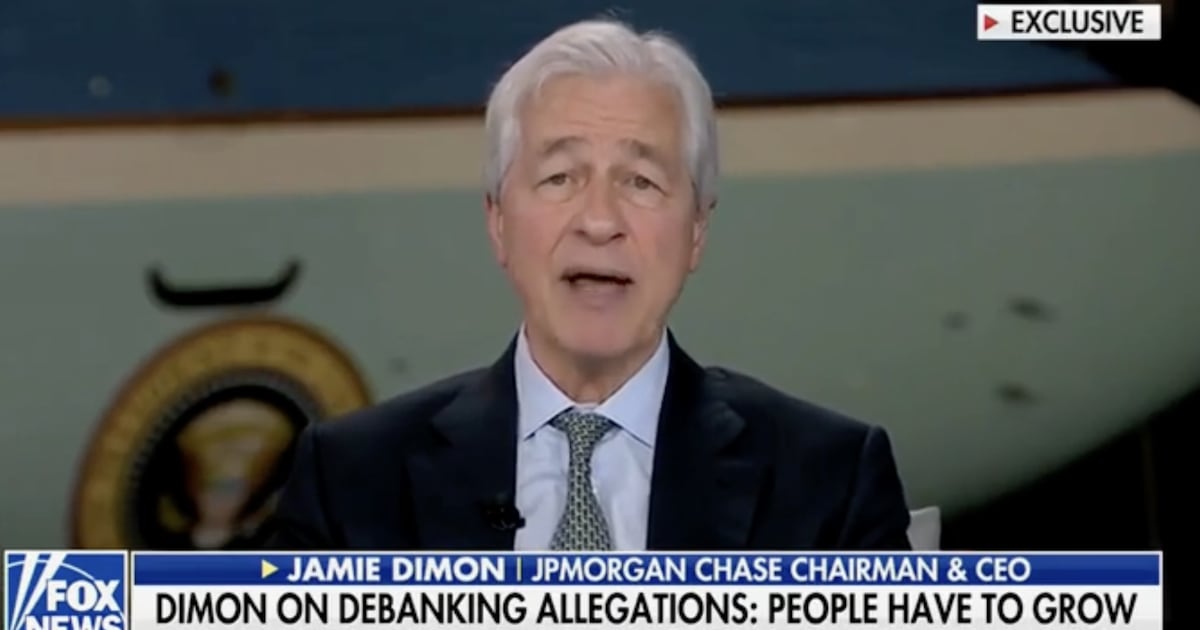How has the meaning of the word “woke” evolved?
“WOKEISM, MULTICULTURALISM, all the -isms—they’re not who America is,” tweeted Mike Pompeo in 2019 on his last day as secretary of state. Until a few years ago “woke” meant being alert to racial injustice and discrimination. Yet in America’s fierce culture wars the word is now more likely to be used as a sardonic insult. How did the word turn from a watchword used by black activists to a bogeyman among conservatives?
In 1938 singer Huddie Ledbetter warned black people they “best stay woke, keep their eyes open” going through Scottsboro, Alabama, the scene of a famous mistrial involving nine young black men.
> The word was first defined in print by William Melvin Kelley, a black novelist, in an article published in the New York Times in 1962. Writing about black slang, Mr Kelley defined it as someone who was “well-informed, up-to-date”. Black people used it in reference to racism and other matters for decades, but the word only entered the mainstream much later.
> When the Black Lives Matter movement grabbed global attention during anti-racism protests after the killing in 2014 of Michael Brown, an unarmed black teenager, it was inseparable from the phrase “stay woke”.
As the word spread into internet culture, thanks in part to the popular #staywoke hashtag, its usage quickly changed.
It began to signify a progressive outlook on a host of issues as well as on race. And it was used more often to describe white people active on social media than it was by black activists, who criticised the performatively woke for being more concerned with internet point-scoring than systemic change.
> Piggybacking corporations, such as Pepsi and Starbucks, lessened the appeal to progressives. Woke’s usage went from activist to passé, a common fate of black vernacular that makes it into the mainstream (other recent victims include “lit” and “on fleek”, two terms of praise).
Almost as soon as the word lost its initial sense it found new meaning as an insult—a linguistic process called pejoration.
> Becoming a byword for smug liberal enlightenment left it open to mockery. It was redefined to mean following an intolerant and moralising ideology.
> The fear of being cancelled by the “woke mob” energised parts of the conservative base. Right-wing parties in other countries noticed that stoking a backlash against wokeness was an effective way to win support.
Another semantic conflict is brewing. . ."
READ MORE > The Economist | Jul 30th 2021



No comments:
Post a Comment